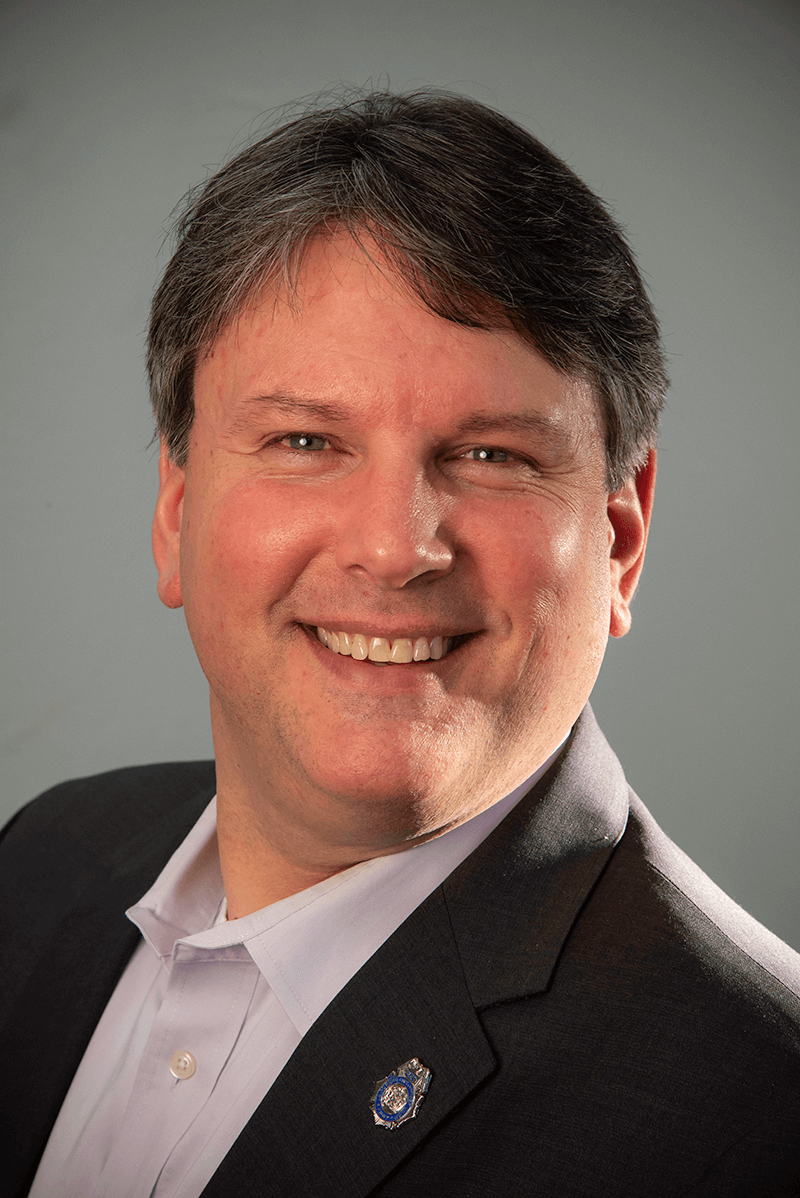
Editor’s Note: The following is a story from the front lines of the battle against the coronavirus. During National EMS Week, we feature the story of AFSCME Local 3621 (District Council 37) member Vincent Variale from New York. Variale was one of two AFSCME members who, in a press call last week, described not only their struggle with the coronavirus, but the urgent need for Congress to help financially strapped states, cities and towns.
“My name is Vincent Variale and I am an FDNY EMS lieutenant and I am also the president of AFSCME DC 37, Local 3621, the uniformed EMS officer's union. I’ve been with the Health and Hospitals Corporation and the New York City Fire Department for 25 years.
“EMS has been understaffed for many years, even before this crisis. For at least the past decade, we have testified and lobbied the leadership of New York City, FDNY, and the state for more resources, realizing that if a crisis like this came up, we were not prepared.
“This is exactly what happened, but our members really stepped up. Over the course of mid-March into mid to late April, calls to EMS doubled, EMS workers on sick leave were up 24% (many from exposure to the virus). Workers were working 16-hour days and then sleeping in their cars to not expose their families to the virus. Many of us on the front lines say it’s like 9/11 every day – that's the level we have been working at.
“The union helped step up and do what we can to protect our members, I think we’ve done a pretty good job of keeping the workers safe but unfortunately, we’ve had a total of six EMS workers who have passed away – four from COVID-19 complications and two from suicide.
“Our biggest concern now that the call volume has dropped is the mental health and PTSD our members are suffering from, brought on by dealing with all the death they have seen and the constant pressure of the call volume. We’re concerned that this may have a long-term toll on them.
“On the ground there has been a lot of chaos because the city leadership failed to plan and prepare, even though the unions have been drawing attention to understaffing and lack of resources for years. I personally testified and attended meetings during the H1N1 crisis because back then we thought the H1N1 crisis would be what coronavirus is today. Thank God it wasn’t, but even then – 10 years ago – we said it: we don’t have enough places for workers to quarantine, we don’t have enough masks and supplies, we don’t have enough staff to handle a crisis of this magnitude.
“I have also contracted and recovered from COVID-19 – an experience I never want to go through again. I’m a healthy person, I’ve only had the flu once in my life, and it still took about three weeks to fully recover from the virus.
“It was kind of scary. A couple times at night while I was lying down, I would jump up because I couldn’t breathe. I had to start sleeping in a chair because I was afraid I would stop breathing when I was asleep. I’m grateful that I got through it.
“We must have a real conversation about our health care system as well as how we treat front-line workers like EMS members In NYC, EMS are not considered first responders – even though we are responding to these calls every day, even though we are out there saving lives and protecting our communities. We have to take action to improve this so a crisis of this level doesn’t happen again.
“The union has been active in NYC to try and get our members what they need to do their job. Our members are our communities, and if we have the tools we need to do the job, then we are able to save lives.”